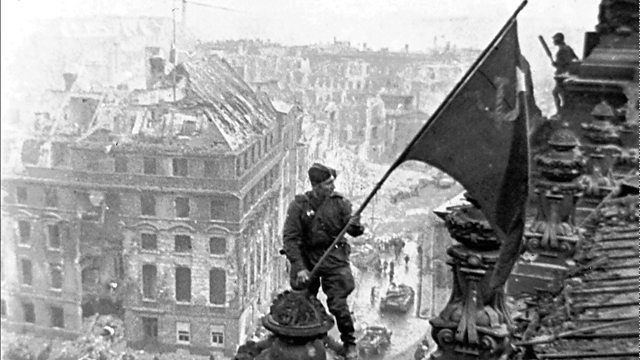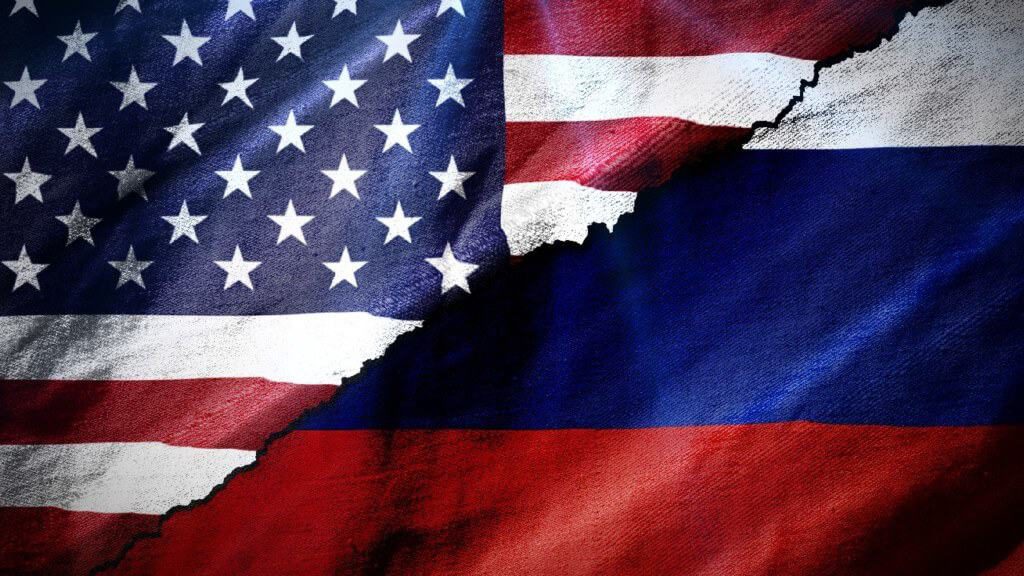Sometimes the clearest way to view current events is through the lens of recent history. Contrary to the pundit class, we’re not living in a different world. It’s the same old shit recycled and accelerated.
Invited to the Soviet Union just after the fall of the Berlin Wall, it was as if my mother’s refrain, which went in one ear and out the other, had gone from her mouth to Russians’ ears. “When the Russians finally throw off the chains of communism,” she’d intone, “we Americans will be there to help them build a democracy and market.” Sure, when hell freezes over I’d reply.
Though I scoffed in my teens, providence apparently had other plans. I met a leading example and spokesman for perestroika in San Francisco at a now quaint-sounding event called “Soviets, Meet Middle America.” He invited me to Moscow, and I went a month later, in the middle of January 1990.

I didn’t go unprepared. In a few weeks I put together a team in Silicon Valley, where I lived at the time, and met with top executives from a broad spectrum of American business, from aerospace to the forerunner of Costco. The mission statement and motto of my partners and I was “As the USSR collapses, to help Russians build an ecologically and ethically sound market.” We told Americans we needed them almost as much as they needed us.
Initially it all looked very promising, both in the US and when I got to the USSR. Russians loved Americans at that time, and I was greeted with warmth and hospitality everywhere I went. In America, Russia was the bogeyman of the right, rather than the left as it is now.
To this day I don’t know if there ever actually was a chance for America and Russia to work together. But I’m having the same feeling now that I had that spring on my return to California. Of course the pandemic in America and across the world is much more immediate and dire, but the moral failure and failure of imagination are the same.
The pandemic is intensifying the crisis of human consciousness, as well as the opportunity and urgency to change course that was squandered with the end of the Cold War.
Did you see where a majority of Russians now view Putin as bored and disengaged during the pandemic? He’s holed up in one of his dachas, with many Russians viewing him as “a scared old man hiding in his bunker.”
An incident occurred in Russia 30 years ago that seems very relevant to today. After spending some days in Leningrad (over a vodka toast one night I predicted that it would soon be St. Petersburg again) I returned to Moscow to find that I had no place to stay. They had burst the bubble I was in to show me the power they had over me.
My interpreter, an extremely competent and tough woman, said, “You don’t understand, if you don’t have people taking care of you in Russia during the winter, you die.” We certainly couldn’t stay on the streets with the temperature near zero Fahrenheit, or in her apartment with two children, her parents, and alcoholic husband.
We went into a hotel lobby. I said I needed an hour alone. After calming myself I asked: Is this first an inner or outer crisis?
I held the question for some minutes until the insight came that it was first an inner crisis, not an outer one. At that moment I saw what to do.
I had met an American on the flight into Moscow who was on her eighth trip to the USSR as liaison for Russian and American post-docs studying for stints in the universities of the Cold War enemy. I asked if I could contact her if anything seriously went wrong.
We took Moscow’s beautiful subway and arrived at Carol’s flat. I went in alone. “They do this sometimes,” she said, “when they want to get rid of Americans they no longer have any use for. This is the worst I’ve seen. You’ll have to leave on the first plane out tomorrow. You can sleep on my couch tonight.”

When I returned to my interpreter, everything had miraculously been re-instated, from a nice room in a hotel next to the Kremlin, to a fine meal at the luxurious flat of a mainstream newspaper editor. No coincidence!
The truth is that the US collapsed at the same time the USSR did, just internally (socially and morally) rather than externally (economically and politically) as in Russia. It’s just taken this long for it to become undeniable.
After 9.11, America became obsessed with security and safety. Now Trump, who admittedly acts as an obese “cheerleader” for the American economy while demonstrating the antithesis of leadership with regard to the pandemic, is pushing people to put profits and pleasure ahead of security and safety.
Will it work in the same perverse and unbalanced way it has for the last 30 years? The American economy is 80% psychology, so we’ll soon see.
One thing is for sure–the present crisis is first inward, not outward, and metaphysical more than physical.
Martin LeFevre
No comments:
Post a Comment